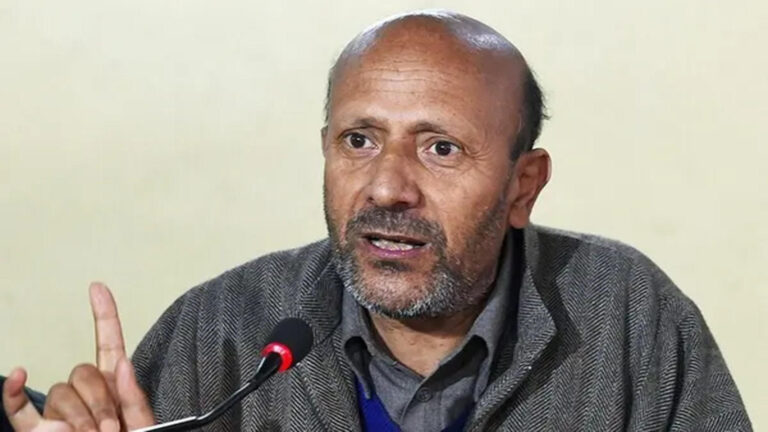A recent report from the Financial Action Task Force (FATF) has drawn attention to the risks of terrorist financing in India, particularly from groups such as ISIS and Al Qaeda operating in Jammu & Kashmir.
The FATF report highlighted that India is encountering challenges related to terrorist financing from these groups, emphasizing the need for effective measures to address these threats.
According to the report, the primary sources of money laundering in India are domestic, stemming from illegal activities within the country.
The report also underscored the diverse range of terror threats faced by India, with a significant focus on ISIL (Islamic State or ISIS) or AQ-linked groups active in and around Jammu and Kashmir.
The FATF rated India as “moderately” effective in terms of money laundering investigation and prosecution.
The report also brought attention to the impact of constitutional challenges and a burdened court system on money laundering convictions in India.
It noted that the backlog of cases in Indian courts has led to prolonged delays in concluding prosecutions, affecting the efficacy of money laundering convictions.
Despite the Enforcement Directorate seizing assets worth €9.3 billion ($10.4 billion) from suspected financial criminals over the past five years, the report highlighted that the confiscations following convictions amounted to less than $5 million.
The FATF emphasized the critical need for India to address these issues, particularly in light of individuals awaiting trial and the conclusion of prosecutions.
This comprehensive 368-page report, which was adopted at FATF’s June plenary, represents the first review of India’s anti-money laundering and terror financing efforts since 2010. Following an on-site visit in November, India has been categorized for “regular follow-up” evaluation, along with only four other G20 nations. The next evaluation for India is scheduled for 2031.
(Inputs from agencies)






